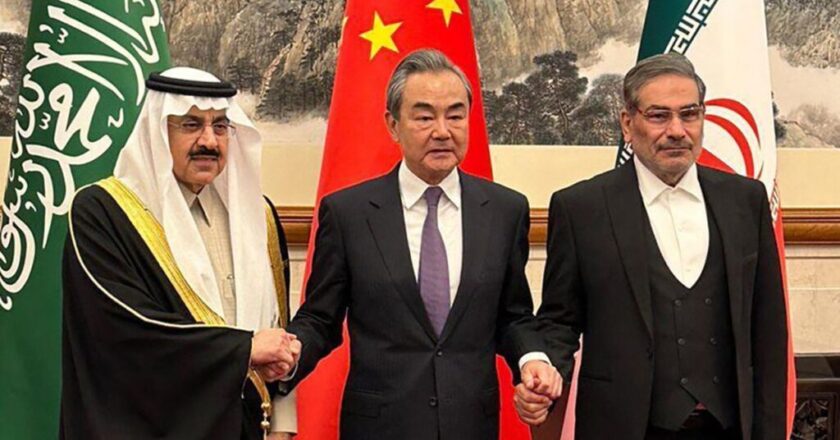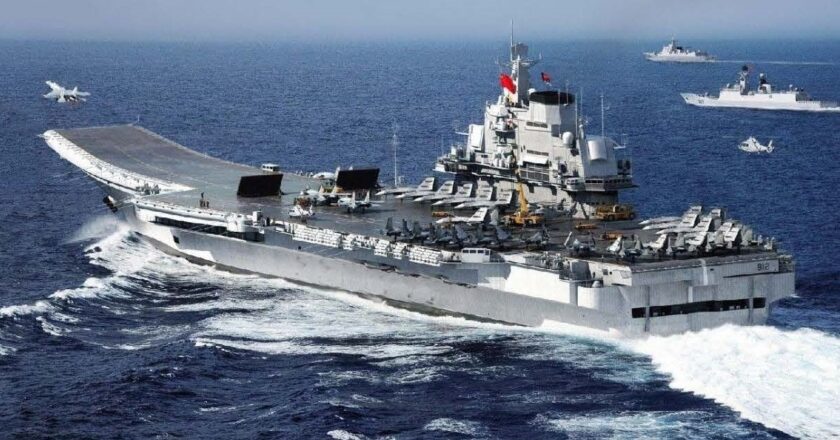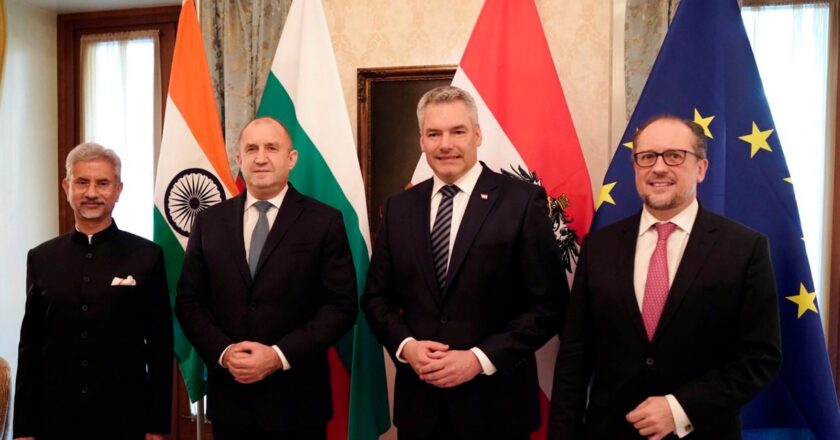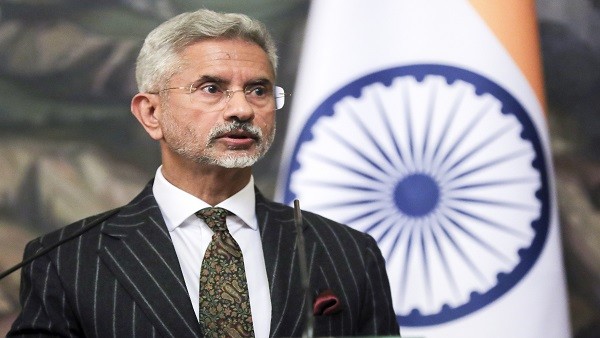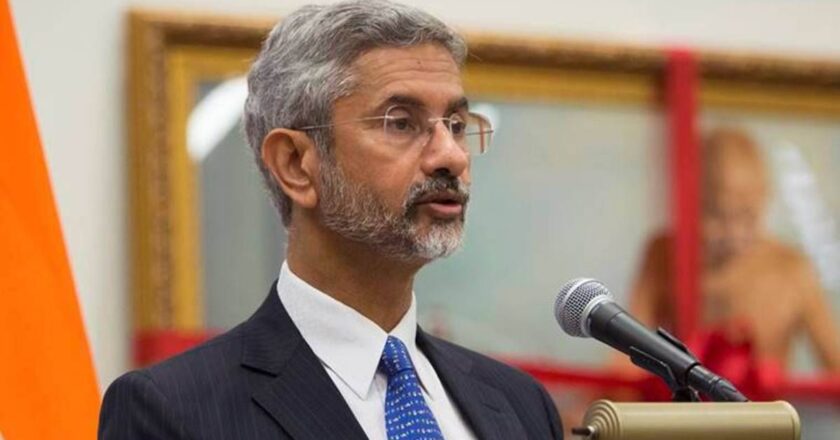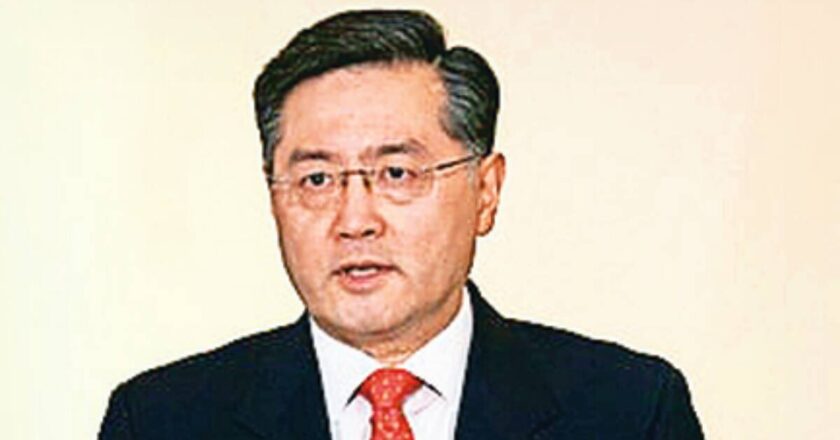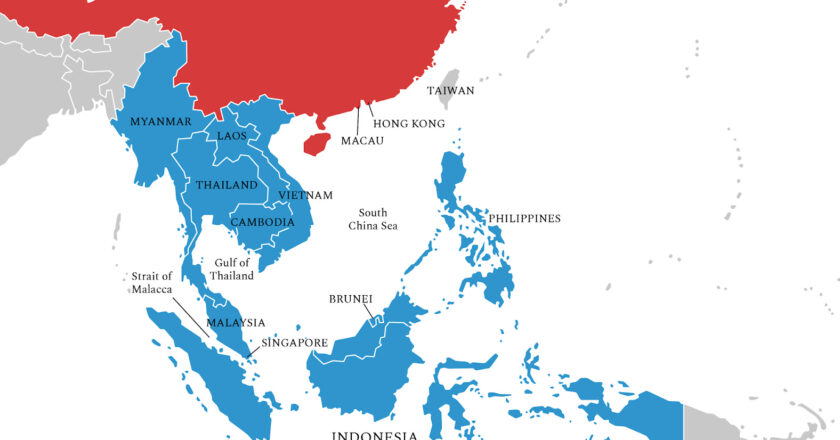Saudi-Iran deal brokered by China a testimony to the failure of the current U.S Administration
The recently brokered peace deal between Iran and Saudi Arabia by China has been claimed to have reshaped the geopolitical landscape of the West Asian region. The United States, which has for decades remained the largest influential force in the region, was by many standards bypassed in the peace deal that aims to resolve the underlying tensions between two of the most influential players in the region.
China, which is amongst the largest importer of oil from both Iran and Saudi, until recently had for many years remained a secondary influence in the region due to the U. S’s dominations in the middle-east. The deal therefore not only projects the power China has gained through its diplomatic endeavour but is also a testimony to the failure of the present sitting administration in the U

